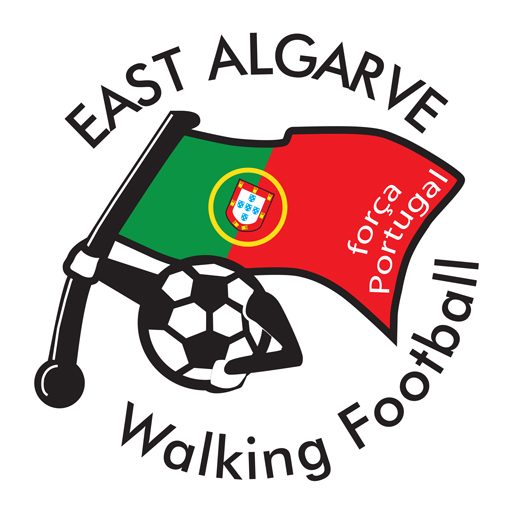There have been differences in the way we have been refereeing when the ball goes over bar height following a save by the goalkeeper.
Continue reading “Confirmation of laws regarding height restrictions and goalkeepers for EAWF”

There have been differences in the way we have been refereeing when the ball goes over bar height following a save by the goalkeeper.
Continue reading “Confirmation of laws regarding height restrictions and goalkeepers for EAWF” →
Following consultation with various members of the group, and taking into account the newly released FA Laws of Walking Football, we now have our own definitive set of Laws for use at our sessions in Olhao and Tavira. These will come into force from October 1st
Please see our laws of the game page for more details, and to view and download these new Laws.
Please familiarise yourselves with these new Laws, and as always feel free to email us should you have any questions.
Following the release of the walking football (WF) laws in February 2017 by the FA, as produced and established in November 2016, a working group here in the Eastern Algarve will review the laws of the game to produce a set of laws specifically for East Algarve Walking Football (EAWF). Continue reading “Walking Football Laws for the Algarve” →
Tackles, challenges, and respect for officials is very much in the personal domain of each player and, irrespective of age, we all need to show self restraint and uphold the main concept of Walking Football. As one of the older players, our leader and mentor Chris Wright has for some time intimated that we should go a step further and initiate a session for those who wish to play at a slower pace without the fear of the odd knock or tackle. This may well address the concerns of those who are now 3 years older than when we first started! Continue reading “New non-contact, slower paced sessions to start in July at Olhao” →
Further to recent discussions and developments within the walking football world, and following discussion with Chris Wright and a number players involved in running the club, and with a view to providing some clarification and consistency, please find below details of the current agreed ‘holding’ position. Continue reading “A position statement from Olhao and Tavira” →
In response to a few queries about the rules for Monday, the organiser has updated the rules to clarify the over head height and heading the ball. Please click here to see the new rules which will be used…..
We have received some updated rules for the tournament on Monday, and you can download them by clicking here
With the tournament no only a couple of weeks away, we have the rules and additions to the newly released English FA rules that will apply for the upcoming tournament.
These can be accessed as a word document by clicking here.
Could all players have a read and make sure they are aware of these in advance of the tournament.
Our clubs operate on the basis that contact between players should be minimal to avoid the risk of injury. In particular, there should be NO attempt to win the ball from behind. The reason for the introduction of this rule was two-fold: firstly to address concerns that repeated tackles from behind had increased both in frequency and force. Secondly, and consequently, to minimize the risk of injury and to make players safer.It was recognized that only a few challenges were made with malicious